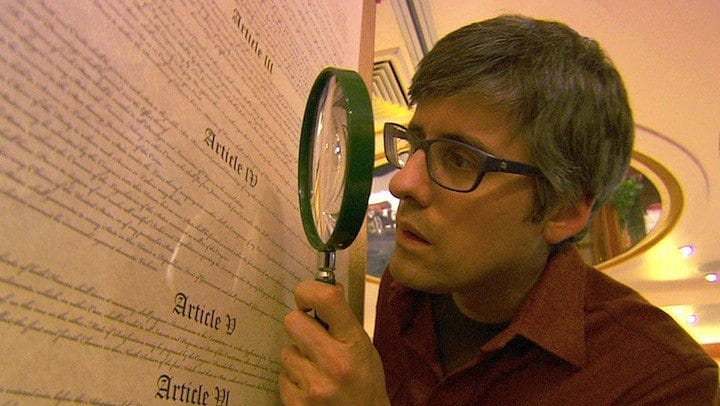‘Electoral Dysfunction’ Review
By Noah Gittell

If you are going to make a movie about deep, systemic problems in American democracy these days, you had better make it funny. Those who closely follow politics remain in various stages of depression and disillusionment following the traumatic government shutdown in October. And with another manufactured crisis looming in January, an expl…
Keep reading with a 7-day free trial
Subscribe to Nonfics to keep reading this post and get 7 days of free access to the full post archives.



